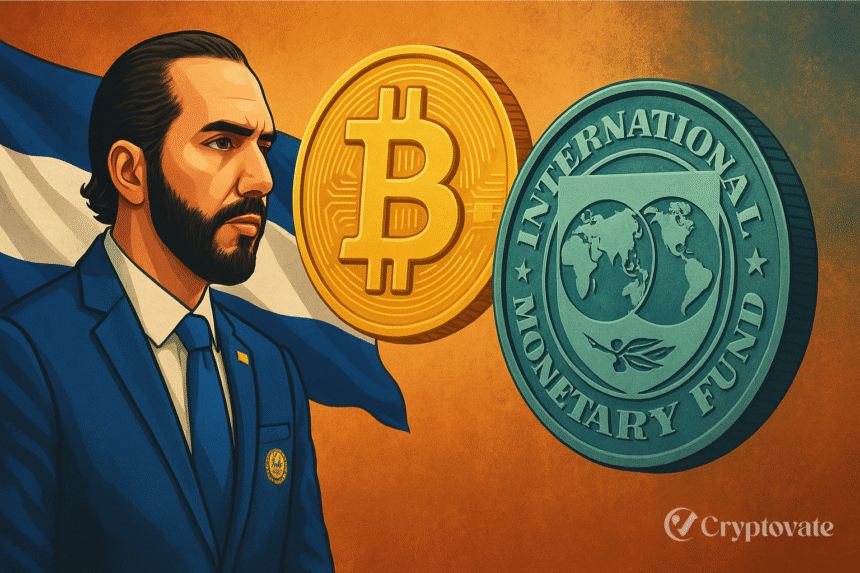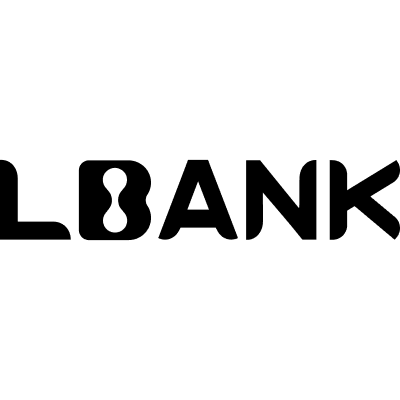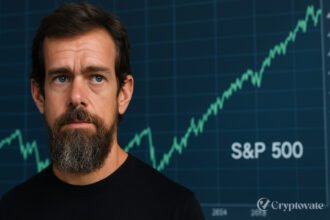– Ad –
| Getting your Trinity Audio player ready... |
In a bold defiance of international financial norms, El Salvador’s President Nayib Bukele is clashing with the International Monetary Fund (IMF) over the country’s Bitcoin strategy. The IMF, as part of a $1.4 billion loan agreement finalized in December 2024, has urged El Salvador to halt its Bitcoin purchases and scale back its cryptocurrency ambitions. However, Bukele’s administration remains steadfast, continuing its daily Bitcoin acquisitions and pushing forward with plans to establish El Salvador as a global crypto hub.
The IMF’s Stance on El Salvador’s Bitcoin Experiment
The IMF’s $1.4 billion extended fund facility aims to stabilize El Salvador’s economy, which faces a looming debt crisis. A key condition of the loan is that El Salvador’s government-owned wallets must not increase their Bitcoin reserves, currently valued at approximately $504–550 million (6,111.18 BTC as of May 2025). The IMF also demands that Bitcoin be stripped of its legal tender status and that the state-backed Chivo e-wallet be phased out. These measures, according to the IMF, are critical to ensuring financial transparency and mitigating risks associated with cryptocurrency volatility.
El Salvador’s adoption of Bitcoin as legal tender in 2021 made it the first country to do so, a move that sparked global intrigue but also raised concerns about economic stability. The IMF’s conditions reflect its skepticism of Bitcoin’s role in a national economy, particularly for a country grappling with fiscal challenges.
Bukele’s Defiant Bitcoin Strategy
President Bukele, recognized for his tech-forward leadership and populist charm, shows no willingness to fully meet the IMF’s demands. Despite the loan agreement, El Salvador has added 7 Bitcoin in the past week and 30 BTC in the last month, signaling a commitment to its crypto strategy. Bukele has leveraged non-public funds and private entities to continue purchases, navigating the IMF’s restrictions while technically adhering to the agreement.
On platforms like X, Bukele and his team, including Economy Minister Maria Luisa Hayem, have doubled down on their vision. “We won’t halt,” Hayem declared on X, reinforcing Bukele’s claim that Bitcoin is crucial for El Salvador’s economic independence. The government is also advancing ambitious projects like Bitcoin City and the Pacific Airport, aiming to attract crypto investors and tourists.
Global Reactions and Economic Implications
The standoff has polarized opinions. Crypto enthusiasts on X praise Bukele’s resolve, viewing it as a stand against traditional financial institutions. Critics, however, warn that defying the IMF could jeopardize El Salvador’s economic recovery, especially with debt repayments looming. The IMF has scheduled compliance reviews for June and September 2025, which will scrutinize El Salvador’s adherence to the loan terms.
Bukele’s gamble is high-stakes. While Bitcoin’s value has surged in recent years, its volatility remains a concern. If successful, El Salvador could redefine global finance; if not, it risks further economic strain.
Also Read: Donald Trump Jr. Bets Big: TMTG’s $2.5B Bitcoin Treasury Shakes Up Crypto World
What’s Next for El Salvador?
As El Salvador balances IMF obligations with its Bitcoin ambitions, the world watches closely. Bukele’s defiance underscores a broader debate about cryptocurrency’s role in national economies. Whether El Salvador emerges as a crypto pioneer or faces financial fallout remains to be seen, but Bukele’s bet is undeniably bold.
FAQs
Why is the IMF against El Salvador’s Bitcoin strategy?
The IMF views Bitcoin as volatile and risky, potentially destabilizing El Salvador’s economy. It seeks to ensure financial transparency and stability through its $1.4 billion loan conditions.
How is El Salvador continuing Bitcoin purchases despite IMF restrictions?
Bukele’s administration is using non-public funds and private entities to acquire Bitcoin, technically complying with the IMF’s terms while maintaining its crypto strategy.
What is Bitcoin City, and how does it fit into El Salvador’s plans?
Bitcoin City is a proposed tax-free zone aimed at attracting crypto investors and businesses, part of Bukele’s vision to make El Salvador a global cryptocurrency hub.
What are the risks of El Salvador defying the IMF?
Defying the IMF could lead to strained relations, potential loan default, and economic instability, especially if Bitcoin’s value fluctuates significantly.

















